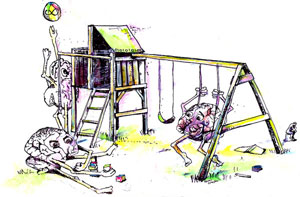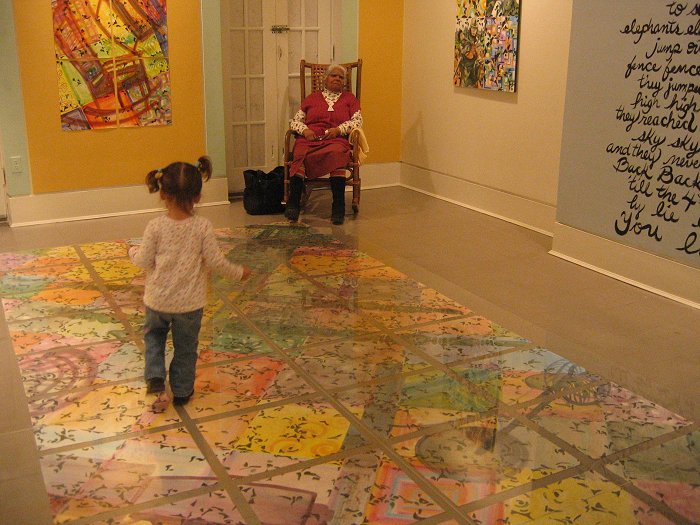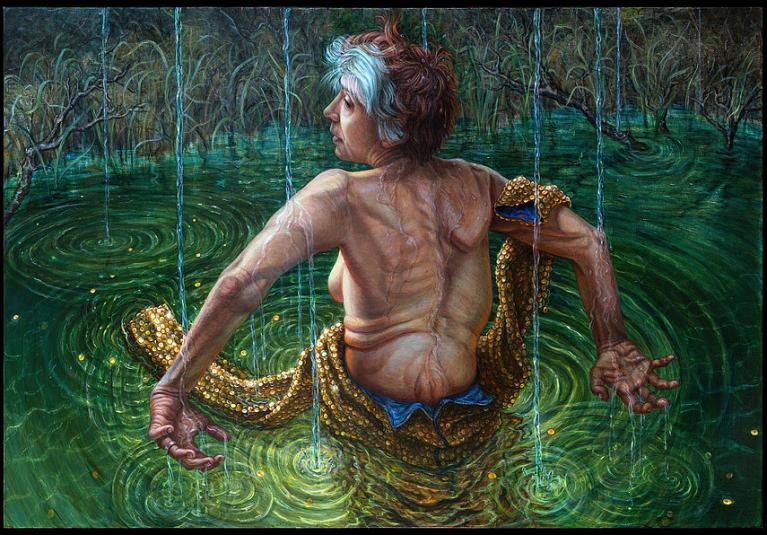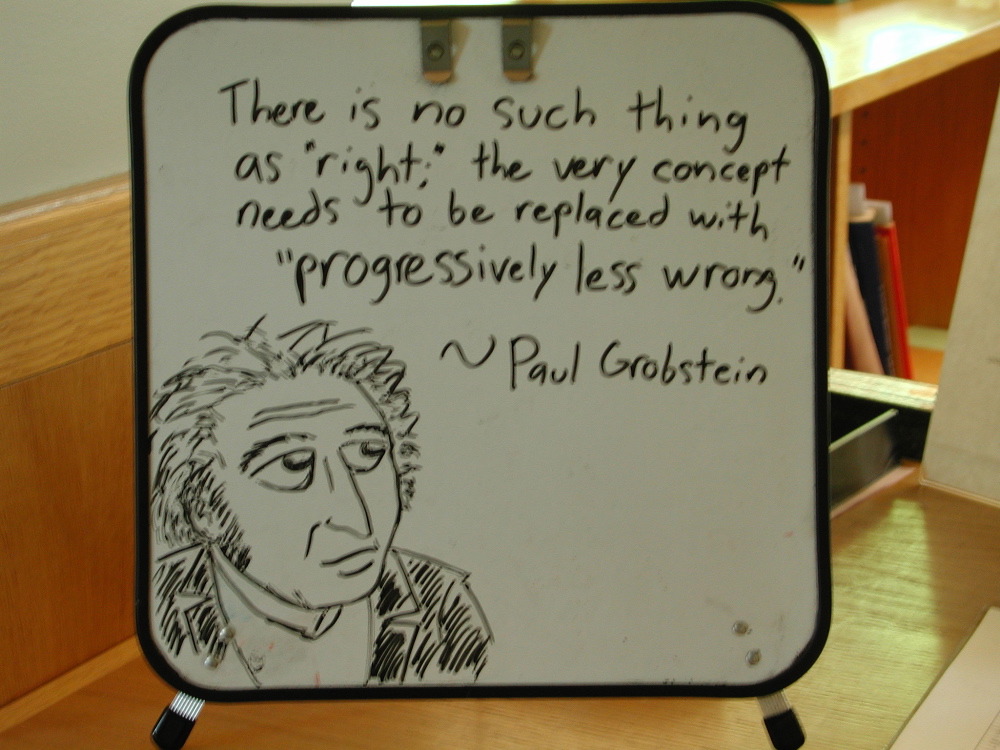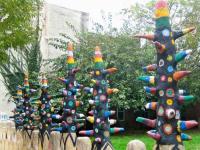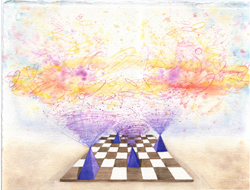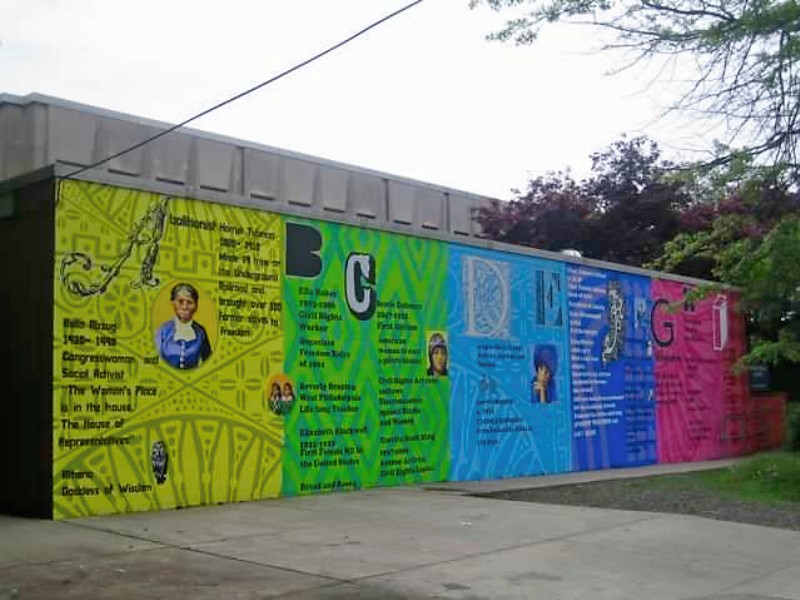Book Release Party! Steal this Classroom: Teaching and Learning Unbound, a new volume by Jody Cohen and Anne Dalke, has just been released by punctum books, an open-access publisher dedicated to "spontaneous acts of scholarly combustion."
Home
play games
About Serendip

Serendip, a digital ecosystem fueled by serendipity, was founded in 1994, and is dedicated to gathering people together for the exploration of science and its implications for art, climate change, disability studies, literature, mental health, pedagogy, social justice, and technology.
Formerly at Bryn Mawr College, Serendip is now an independent site partnering with faculty at multiple colleges and universities around the world.
two cultures

Common ground for education in science and the humanities
Education: Between two cultures
The Two Cultures: A Conversation
The Arts & Creativity
STEM High School Activities
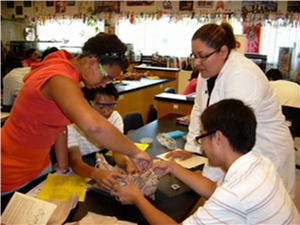
Hands-on Activities for Teaching Biology
Minds-on Activities for Teaching Biology
Coronavirus Teaching Resources
Remote Teaching: Biology Activities
Teaching Climate Change
NGSS Modeling Biology Course
Suggested Topic & Activity Sequence for Teaching Biology
Comparative Neuroanatomy and Intelligence
Off the Shelf Chemistry
disability studies
gender studies
Re:Thinking Education
featured
Interdisciplinary Course Archive
Prison + Education
people

